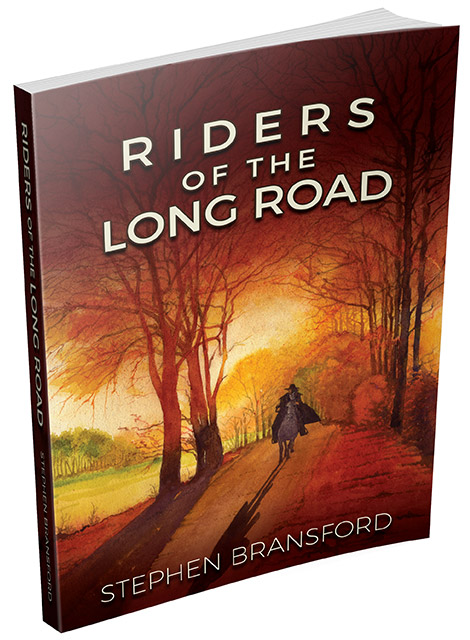Click here to visit Amazon sale page.
Bestselling, award-winning first novel, rewritten after thirty-seven years. Faster, deeper, truer … read it again for the first time.
In 1783, the youthful heir to an American fortune hounds a circuit rider deep into the wilds of Kentucky. The youth carries a secret―he’s the preacher’s illegitimate son. As he rages against his father, both men are ambushed by an evil so monstrous they must join forces to survive. Riders of the Long Road leads to unexpected romance, reconciliation, and a slam-bang ending that demands a sequel. Enjoy this full gallop ride through Colonial America the way it really was―replete with slavery, murder, migration and the whiskey trade―and marvel at the power of a gospel that challenged desperate men in post-revolutionary America.
Click here to visit Amazon sale page.

